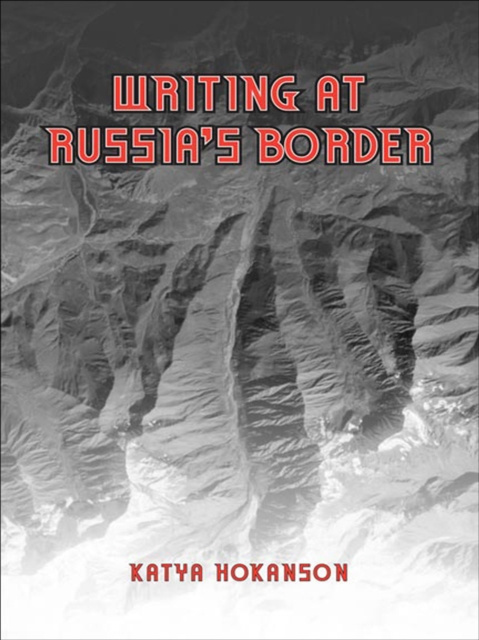
Kézbesítés
Vásárlási tanácsadó
16 105 015 könyv 175 nyelven








Összes nyelv megjelenítése (175)





Nem vált be? Semmi gond! Nálunk 30 napon belül visszaküldheti
 Ajándékutalvány
bármilyen értékben
Ajándékutalvány
bármilyen értékben
Ajándékutalvánnyal nem nyúlhat mellé. A megajándékozott az ajándékutalványért bármit választhat kínálatunkból.
Writing at Russia's Borders
 Angol
Angol
 215 b
215 b
Ezt is ajánljuk


It is often assumed that cultural identity is determined in a country's metropolitan centres. Given Russia's long tenure as a geographically and socially diverse empire, however, there is a certain distillation of peripheral experiences and ideas that contributes just as much to theories of national culture as do urban-centred perspectives. Writing at Russia's Border argues that Russian literature needs to be reexamined in light of the fact that many of its most important nineteenth-century texts are peripheral, not in significance but in provenance.Katya Hokanson makes the case that the fluid and ever-changing cultural and linguistic boundaries of Russia's border regions profoundly influenced the nation's literature, posing challenges to stereotypical or territorially based conceptions of Russia's imperial, military, and cultural identity. A highly canonical text such as Pushkin's Eugene Onegin (1831), which is set in European Russia, is no less dependent on the perspectives of those living at the edges of the Russian Empire than is Tolstoy's The Cossacks (1863), which is explicitly set on Russia's border and has become central to the Russian canon. Hokanson cites the influence of these and other 'peripheral' texts as proof that Russia's national identity was dependent upon the experiences of people living in the border areas of an expanding empire. Produced at a cultural moment of contrast and exchange, the literature of the periphery represented a negotiation of different views of Russian identity, an ingredient that was ultimately essential even to literature produced in the major cities.Writing at Russia's Border upends popular ideas of national cultural production and is a fascinating study of the social implications of nineteenth-century Russian literature.
Információ a könyvről
 Angol
Angol
Kategória




 Hogyan vásároljunk
Hogyan vásároljunk

















